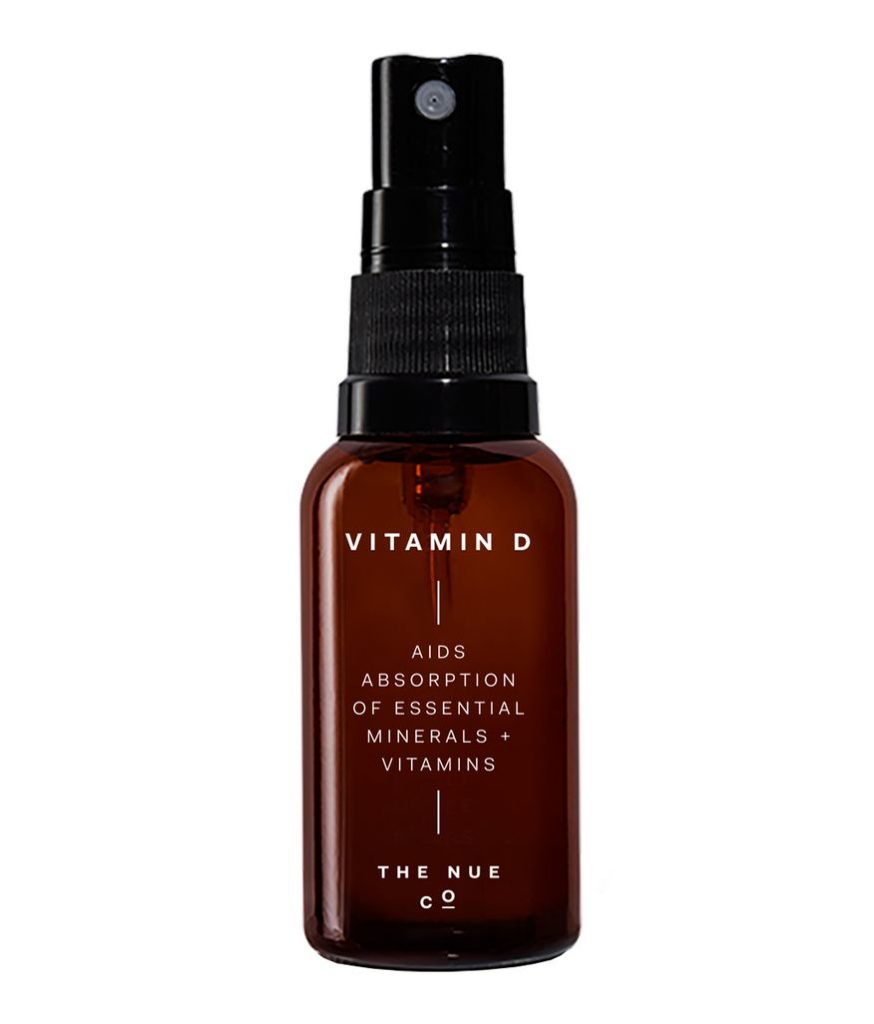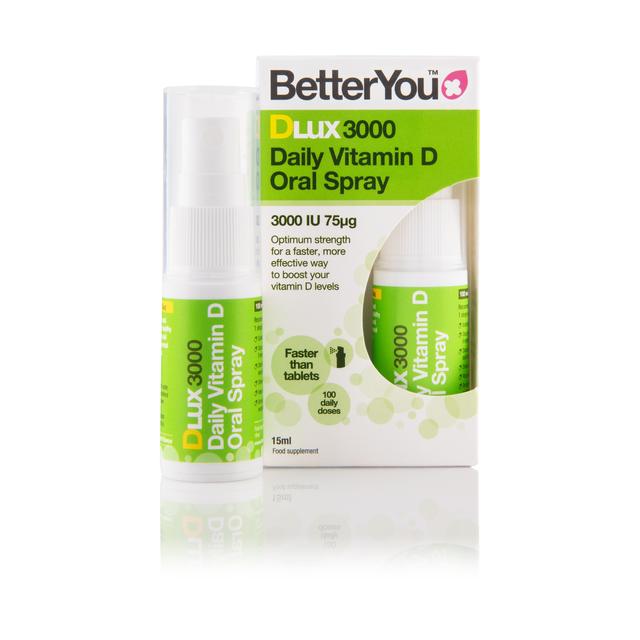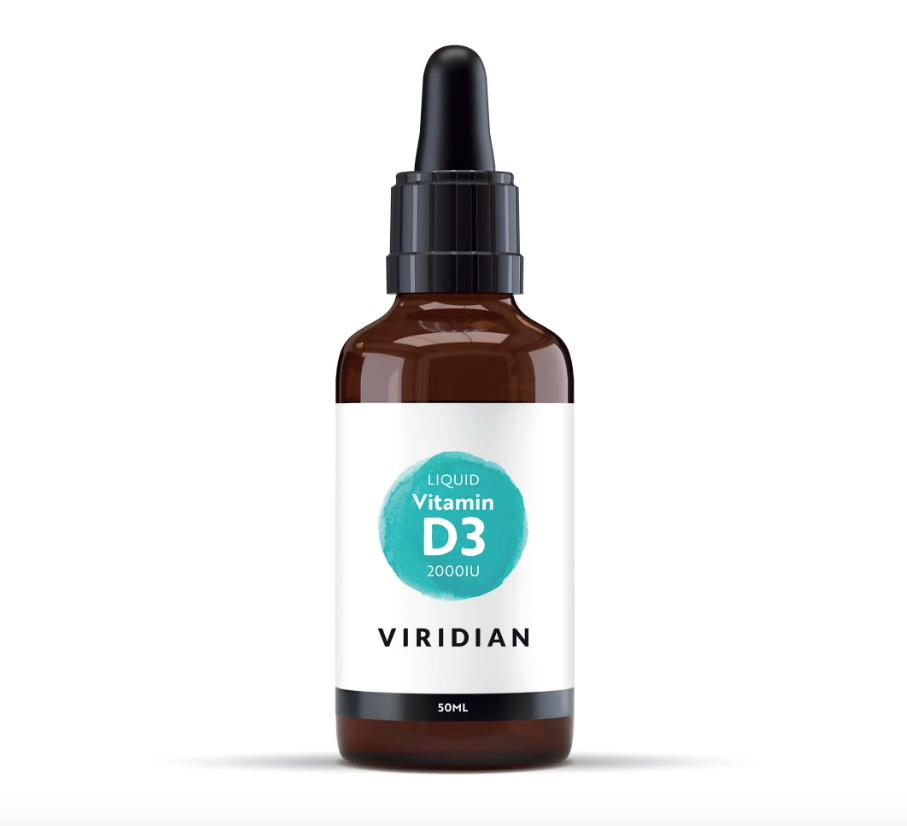In today’s wellness landscape, the allure of supplements is undeniable. With a booming industry boasting a plethora of options promising everything from improved immunity to enhanced cognitive function, it’s easy to see why many are drawn to the convenience of these products. Among the most popular is a Vitamin D supplement, hailed for its myriad health benefits and often lauded as a panacea for modern ailments. However, amid the fervour for supplementation, there lurks a significant risk: the potential to choose and consume supplements without proper education and consultation.
The supplement industry is vast, with shelves lined with bottles bearing enticing promises and bold claims. Yet, behind the glossy packaging lies a complex realm where misinformation abounds and consumer choices can have far-reaching consequences. Amid this sea of options, Vitamin D stands out as a beacon of hope for those seeking to bolster their health, particularly in regions where sunlight exposure is limited or lifestyles restrict outdoor activities.
Below we delve into the key considerations that should precede the decision to add a Vitamin D supplement to your regimen. From understanding your baseline levels and assessing sun exposure to consulting with healthcare professionals and monitoring for potential interactions and side effects, we aim to provide a comprehensive guide to informed decision-making in the realm of supplementation.
Understand Your Vitamin D Levels: The first step before considering a supplement is to know your current Vitamin D status. This can be done through a simple blood test ordered by your healthcare provider. Understanding your baseline levels will help determine whether you truly need supplementation and, if so, at what dosage.
Assess Your Sun Exposure: Sunlight is a primary source of Vitamin D for most people. Your skin produces Vitamin D when exposed to sunlight, particularly UVB rays. Factors such as geographical location, time of year, skin colour, and sunscreen use can impact your body’s ability to synthesise Vitamin D from sunlight. If you get adequate sun exposure, you may not need a supplement. “The best and most efficient natural source of vitamin D is through controlled sun exposure, this can range from 20 minutes for those with fair skin to 40 minutes daily for those with darker skin” says Aimée Benbow, BSc (Hons), MSc, ANutr at Viridian Nutrition
Consult with a Healthcare Professional: Before starting any supplement regimen, it’s essential to consult with a healthcare professional, such as a doctor or registered dietitian. They can provide personalized recommendations based on your individual health status, lifestyle, and dietary habits. They can also help interpret any blood test results and determine the appropriate dosage of Vitamin D supplementation if needed.
Choose the Right Form and Dosage: Vitamin D supplements come in various forms, including Vitamin D2 (ergocalciferol) and Vitamin D3 (cholecalciferol). Vitamin D3 is considered more effective at raising blood levels of Vitamin D and is the preferred form for supplementation. Dosage recommendations vary based on factors such as age, health status, and baseline Vitamin D levels. Your healthcare provider can help you determine the appropriate dosage for your needs.
Consider Potential Interactions and Side Effects: Like any supplement, Vitamin D can interact with certain medications and medical conditions. For example, Vitamin D can increase calcium absorption, which may be problematic for individuals with conditions such as hypercalcemia or kidney stones. Additionally, excessive Vitamin D intake can lead to toxicity, characterised by symptoms such as nausea, vomiting, and weakness. It’s crucial to be aware of these potential interactions and side effects before starting supplementation.
Evaluate Dietary Sources: While sunlight and supplements are significant sources of Vitamin D, it’s also important to consider dietary sources. Fatty fish (such as salmon and tuna), egg yolks, fortified dairy products, and fortified cereals are all good sources of Vitamin D. Including these foods in your diet can help support your Vitamin D levels alongside supplementation, if necessary.
Monitor and Adjust as Needed: Once you start taking a Vitamin D supplement, it’s essential to monitor your Vitamin D levels regularly through blood tests. This will allow you to track changes over time and adjust your supplementation regimen accordingly. Your healthcare provider can help you interpret these results and make any necessary adjustments to optimize your Vitamin D status.
In conclusion, Vitamin D supplementation can be beneficial for individuals with deficient or insufficient levels of this essential nutrient. However, it’s crucial to approach supplementation thoughtfully and under the guidance of a healthcare professional. By understanding your Vitamin D status, considering your sun exposure, consulting with a healthcare provider, choosing the right form and dosage, being aware of potential interactions and side effects, evaluating dietary sources, and monitoring your levels over time, you can make informed decisions about whether Vitamin D supplementation is right for you.


















